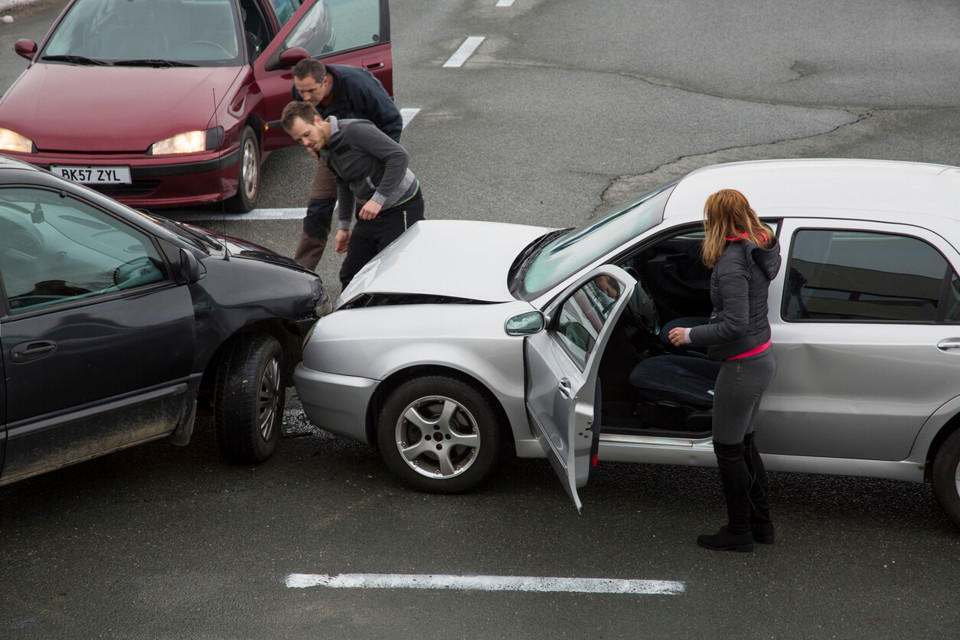UK road casualties fell last year by six%, but that figure could be even better in the future if companies recognise their responsibility to improve the driving standards of their employees.
That’s according to Graham Hurdle, managing director of leading on-line fleet risk assessment and training company E-Training World, who believes a small investment now can save lives in the future.
He was commenting after the Department for Transport’s annual report for 2010 showed that in terms of fatalities, the figures for car occupants fell by 21%, for pedestrians they dropped by 19% and for motorcyclists the fall was 15%. Only the numbers for pedal cyclists killed on the roads saw an increase - by 7%.
While these are encouraging signs, Hurdle believes that the statistics could be improved if more quarters of the corporate sector took time to evaluate the benefits of driver safety and recognised that, as well as reducing the numbers of casualties on our roads, a commitment to duty of care also reduces fleet operating costs.
“Everyone wants to see casualty rates come down even further,” he said, “and there are many companies and organisations playing a very active role in this, as are the motor manufacturers in developing ever-safer vehicles.
“However, as a fleet risk management specialist we still come across many companies week in, week out who say they cannot afford to implement road safety measures for their fleet even though by reducing accidents they are also reducing their fleet operating costs.”
According to Hurdle many company directors are not taking time to calculate the true financial benefits of driver improvement.
Evidence has shown that increasing driver skills not only cuts accident rates it also reduces careless but expensive knocks and scrapes on fleet vehicles and minimises driver downtime and the need for day hire or replacement vehicles.
“Many people might believe that it is insensitive to talk about money alongside saving lives, but I firmly believe the two should be addressed together. Once companies recognise the financial advantages of duty of care, more road safety measures will be introduced in the corporate sector and this will bring down the casualty figures even further.”
One reason why he thinks UK road casualties fell last year is that people are driving fewer miles to save on petrol costs – including business drivers.
“As the economy improves, company drivers will increase their driving as they chase business, serve customers or deliver goods, and a concern I have is that if more action is not taken we will then see the casualty statistics going the other way,” he concluded.


















Login to comment
Comments
No comments have been made yet.